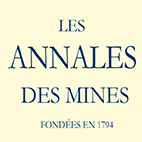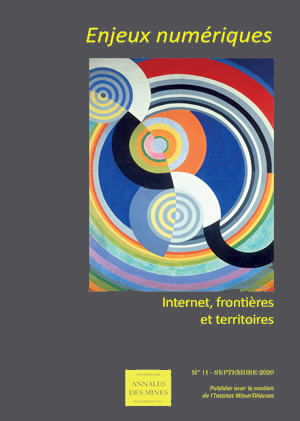|
 N° 11 - Septembre 2020 - Internet, frontières et territoires N° 11 - Septembre 2020 - Internet, frontières et territoires
Understanding UNESCO’s Internet universality framework: ROAM principles and Indicators
Moez CHAKCHOUK
The 21st century has witnessed unprecedented opportunities and challenges posed by digital technologies for advancing access to information and knowledge, human rights and the 2030 Sustainable Development Agenda. Global actions to counter the Covid-19 pandemic have revealed more than ever the need for inclusive access to information and the Internet to ensure peace, public health, safety and sustainable development.
UNESCO believes the complexities and challenges of achieving a free, open, robust and enabling Internet and harnessing digital transformation (including AI, Big Data, 5G, IOTs and other digital technologies) can be tackled through its Internet Universality ROAM framework endorsed in 2015 by UNESCO’s General Conference. Four ROAM principles (human Rights, Openness, Accessibility to all, Multi-stakeholder participation), supplemented by 303 ROAM-X indicators, have filled the standard-setting void as an internationally recognized unique and comprehensive research tool, relevant for all stakeholders and countries, not only to assess and improve Internet policies at the national level, but also to foster digital collaboration at the international and regional levels.
 Télécharger gratuitement l'article Télécharger gratuitement l'article
 Retour au sommaire Retour au sommaire
 N° 11 - September - Internet, Borders and Territories N° 11 - September - Internet, Borders and Territories
Understanding UNESCO’s Internet universality framework: ROAM principles and Indicators
Moez CHAKCHOUK
The 21st century has witnessed unprecedented opportunities and challenges posed by digital technologies for advancing access to information and knowledge, human rights and the 2030 Sustainable Development Agenda. Global actions to counter the Covid-19 pandemic have revealed more than ever the need for inclusive access to information and the Internet to ensure peace, public health, safety and sustainable development.
UNESCO believes the complexities and challenges of achieving a free, open, robust and enabling Internet and harnessing digital transformation (including AI, Big Data, 5G, IOTs and other digital technologies) can be tackled through its Internet Universality ROAM framework endorsed in 2015 by UNESCO’s General Conference. Four ROAM principles (human Rights, Openness, Accessibility to all, Multi-stakeholder participation), supplemented by 303 ROAM-X indicators, have filled the standard-setting void as an internationally recognized unique and comprehensive research tool, relevant for all stakeholders and countries, not only to assess and improve Internet policies at the national level, but also to foster digital collaboration at the international and regional levels.
 Download full article Download full article
 Retour au sommaire Retour au sommaire
|




